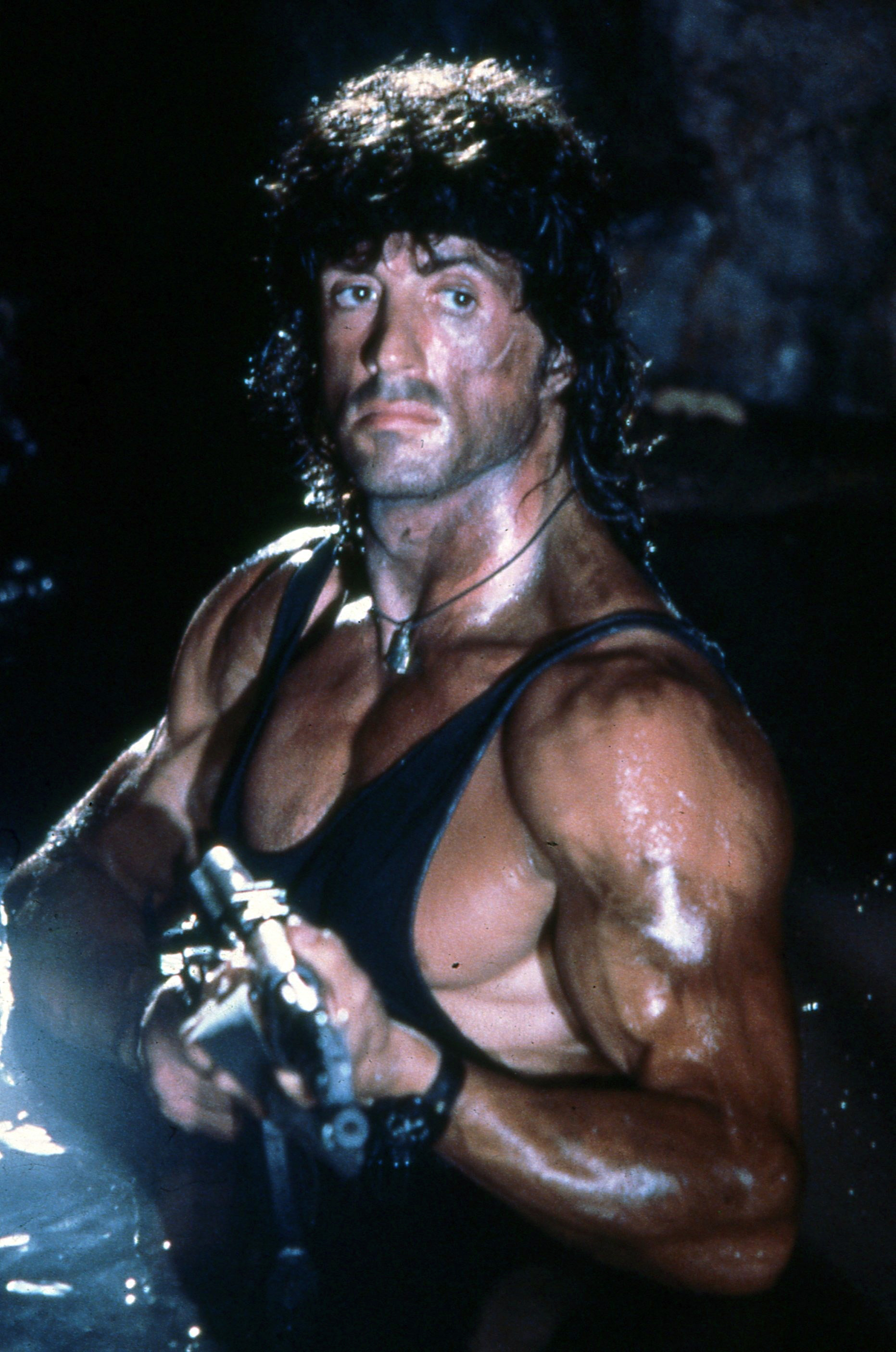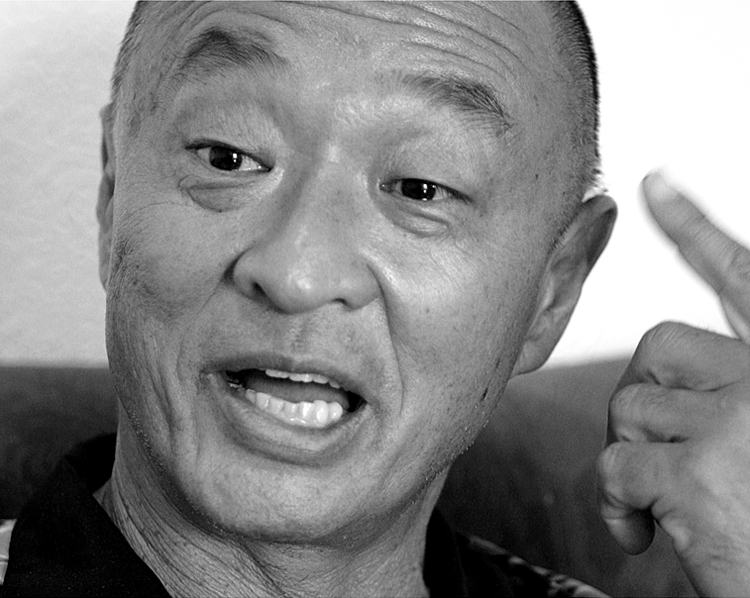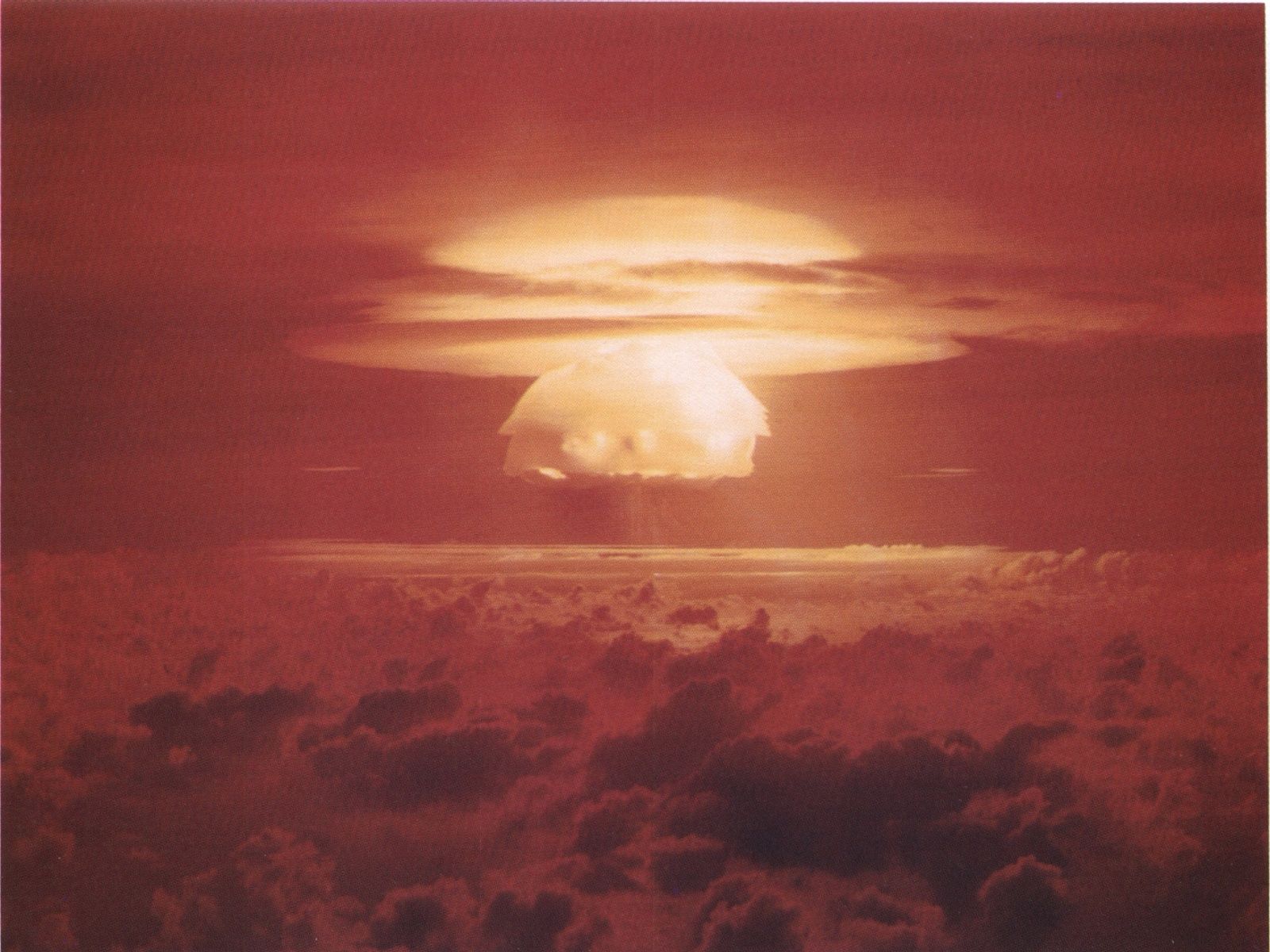|
Tekken (2009 Film)
''Tekken'' is a 2009 American science fiction martial arts film directed by Dwight Little from a screenplay by Alan B. McElroy, loosely based on the video game series of the same name published by Namco Bandai Games. The film stars Jon Foo, Kelly Overton, Cary-Hiroyuki Tagawa, Ian Anthony Dale, Cung Le, Darrin Dewitt Henson, Candice Hillebrand, and Luke Goss. The plot follows Jin Kazama in his attempts to enter the Iron Fist Tournament in order to avenge the loss of his mother, Jun Kazama, by confronting the forces of the city that are also holding the competition. The film was originally announced by publisher Namco Bandai in 2002, but did not start development until 2007. Experienced in sports movies, Little decided to make ''Tekken'' focused on realism, resulting in the removal of supernatural elements from the video game series as well as comic relief characters. This also led to the inclusion of martial artists as the main cast to produce well-choreographed battles. ... [...More Info...] [...Related Items...] OR: [Wikipedia] [Google] [Baidu] |
Dwight Little
Dwight Hubbard Little (born January 13, 1956) is an Americans, American film director, film and television director, known for directing the films ''Marked for Death'', ''Rapid Fire (1992 film), Rapid Fire'', ''Free Willy 2: The Adventure Home'', ''Murder at 1600'' and ''Halloween 4: The Return of Michael Myers''. He has also directed several episodes of acclaimed television series such as ''24 (TV series), 24'', ''Prison Break (TV series), Prison Break'', ''Dollhouse (TV series), Dollhouse'', ''Bones (TV series), Bones'' and ''Nikita (2010 TV series), Nikita''. Little was born in Cleveland, Ohio. He studied film at USC Cinema, USC. Career Dwight Little got his first break in the film business when producer Sandy Howard asked him to shoot additional material for ''Triumphs of a Man Called Horse.'' Howard needed the film to be longer in order to be able to sell it overseas. When Little was finished, Howard asked him to make him an action film for the video market. Little made ''K ... [...More Info...] [...Related Items...] OR: [Wikipedia] [Google] [Baidu] |
Science Fiction Action Film
The action film is a film genre that predominantly features chase sequences, fights, shootouts, explosions, and stunt work. The specifics of what constitutes an action film has been in scholarly debate since the 1980s. While some scholars such as David Bordwell suggested they were films that favor spectacle to storytelling, others such as Geoff King stated they allow the scenes of spectacle to be attuned to storytelling. Action films are often hybrid with other genres, mixing into various forms such as comedies, science fiction films, and horror films. While the term "action film" or "action adventure film" has been used as early as the 1910s, the contemporary definition usually refers to a film that came with the arrival of New Hollywood and the rise of anti-heroes appearing in American films of the late 1960s and 1970s drawing from war films, crime films and Westerns. These genres were followed by what is referred to as the "classical period" in the 1980s. This was followed ... [...More Info...] [...Related Items...] OR: [Wikipedia] [Google] [Baidu] |
Steve Fox (Tekken)
Bandai Namco Entertainment's ''Tekken'' media franchise is known for its diverse cast of characters hailing from various nationalities, all coming together to compete in the King of Iron Fist tournament. In addition to the human characters, ''Tekken'' also features non-human characters for comic relief, such as the bear Kuma, his love interest Panda, the boxing kangaroo Roger, and the dinosaur Alex. Certain characters like Jin Kazama, Kazuya Mishima, Lee Chaolan, and Jun Kazama have their own alternative versions. Each character has their own goals for participating in the tournament. Character appearances Only four characters have been playable in all eight main ''Tekken'' games to date: Heihachi Mishima, Nina Williams, Paul Phoenix and Yoshimitsu. Of the four, only Nina and Paul are playable in all the side games as well. King and Kuma have also been playable in all the main games, but as two different characters. Four characters, Anna Williams, Kazuya Mishima, Lee Cha ... [...More Info...] [...Related Items...] OR: [Wikipedia] [Google] [Baidu] |
Heihachi Mishima
is a fictional character and one of the main antagonists of Bandai Namco Entertainment, Bandai Namco's ''Tekken'' series. Introduced as a boss character in the first ''Tekken (video game), Tekken'' game from 1994, Heihachi is depicted as the Child abuse, abusive father of Kazuya Mishima and the CEO of a military firm known as the Mishima Zaibatsu, which was founded by his own father, List of Tekken characters#Jinpachi Mishima, Jinpachi Mishima. Heihachi has served as the protagonist of ''Tekken 2'' and ''Tekken 7'', as well as a boss character in several other installments of the series. As one of the main characters, he is one of the four characters to be playable in all eight main installments. He is opposed by many of his relatives, especially his son and grandson, Kazuya Mishima and Jin Kazama, respectively. This happens across the series and one of the creators of ''Tekken'' Katsuhiro Harada has called it a "family feud". Heihachi's backstory and motives are revealed in ''Te ... [...More Info...] [...Related Items...] OR: [Wikipedia] [Google] [Baidu] |
Characters Of The Tekken Series
Bandai Namco Entertainment's ''Tekken'' media franchise is known for its diverse cast of characters hailing from various nationalities, all coming together to compete in the King of Iron Fist tournament. In addition to the human characters, ''Tekken'' also features non-human characters for comic relief, such as the bear Kuma, his love interest Panda, the boxing kangaroo Roger, and the dinosaur Alex. Certain characters like Jin Kazama, Kazuya Mishima, Lee Chaolan, and Jun Kazama have their own alternative versions. Each character has their own goals for participating in the tournament. Character appearances Only four characters have been playable in all eight main ''Tekken'' games to date: Heihachi Mishima, Nina Williams, Paul Phoenix and Yoshimitsu. Of the four, only Nina and Paul are playable in all the side games as well. King and Kuma have also been playable in all the main games, but as two different characters. Four characters, Anna Williams, Kazuya Mishima, Lee ... [...More Info...] [...Related Items...] OR: [Wikipedia] [Google] [Baidu] |
World War III
World War III, also known as the Third World War, is a hypothetical future global conflict subsequent to World War I (1914–1918) and World War II (1939–1945). It is widely predicted that such a war would involve all of the great powers, like its two predecessors, and the use of nuclear weapons or other weapons of mass destruction, thereby surpassing all prior conflicts in scale, devastation, and loss of life. World War III was initially synonymous with the escalation of the Cold War (1947–1991) into direct conflict between the US-led Western Bloc and Soviet-led Eastern Bloc. Since the Manhattan Project's development of nuclear weapons in 1945 and their use by the United States in the atomic bombings of Hiroshima and Nagasaki at the end of World War II, the risk of a nuclear apocalypse causing widespread destruction and the potential collapse of modern civilization or human extinction has been central in speculation and fiction about World War III. The Soviet Union's ... [...More Info...] [...Related Items...] OR: [Wikipedia] [Google] [Baidu] |
Prequel
A prequel is a literary, dramatic or cinematic work whose story precedes that of a previous work, by focusing on events that occur before the original narrative. A prequel is a work that forms part of a backstory to the preceding work. The term "prequel" is a 20th-century neologism from the prefix "pre-" (from Latin ''prae'', "before") and "sequel". Like sequels, prequels may or may not concern the same plot as the work from which they are derived. More often they explain the background that led to the events in the original, but sometimes the connections are not completely explicit. Sometimes prequels play on the audience's knowledge of what will happen next, using deliberate references to create dramatic irony. History Though the word "prequel" is of recent origin, works fitting this concept existed long before. The '' Cypria'', presupposing hearers' acquaintance with the events of the Homeric epic, confined itself to what preceded the ''Iliad'', and thus formed a kind of int ... [...More Info...] [...Related Items...] OR: [Wikipedia] [Google] [Baidu] |
Katsuhiro Harada
is a Japanese game director and producer for Bandai Namco Entertainment. He is best known for his work with the fighting game series ''Tekken.'' Biography Harada was born in Osaka, Japan, and grew up within the Nara Prefecture region. He later moved to Tokyo, Japan. During his childhood, video games were viewed with a great deal of suspicion in Japan. His parents would not buy him a home console, and as a result often sneaked into arcade centres, where he would occasionally be discovered and dragged out. He worked hard and ended up securing a place at Waseda University. He has studied judo, karate and a little bit of taekwondo in the past. He attended Waseda University along with ''Dead or Alive'' creator Tomonobu Itagaki and holds a degree in psychology. During his university studies, he took a few Chinese language courses, albeit finding it very difficult. After graduating from university, he joined Namco to become a promoter. His parents were initially unhappy with his pu ... [...More Info...] [...Related Items...] OR: [Wikipedia] [Google] [Baidu] |
Box-office Bomb
A box-office bomb is a film that is unprofitable or considered highly unsuccessful during its theatrical run. Although any film for which the combined production budget, marketing, and distribution costs exceed the revenue after release has technically "bombed", the term is more frequently used for major studio releases that were highly anticipated, extensively marketed, and expensive to produce, but nevertheless failed commercially. Originally, a "bomb" had the opposite meaning, referring instead to a successful film that "exploded" at the box office. The term continued to be used this way in the United Kingdom into the 1970s. Causes Negative word of mouth With the advent of social media platforms such as Facebook and Twitter in the 2000s, word of mouth regarding new films is easily spread and has had a marked effect on box office performance. A film's ability or failure to attract positive or negative commentary can strongly impact its performance at the box office, espe ... [...More Info...] [...Related Items...] OR: [Wikipedia] [Google] [Baidu] |
Direct-to-video
Direct-to-video or straight-to-video refers to the release of a film, television series, short or special to the public immediately on home video formats rather than an initial theatrical release or television premiere. This distribution strategy was prevalent before streaming platforms came to dominate the TV and movie distribution markets. Because sequels or prequels of larger-budget films may be released direct-to-video, review references to direct-to-video releases are often pejorative. Direct-to-video release has also become profitable for independent filmmakers and smaller companies. Some direct-to-video genre films (with a high-profile star) can generate well in excess of $50 million revenue worldwide. Reasons for releasing direct to video A production studio may decide not to generally release a TV show or film for several possible reasons: a low budget, a lack of support from a TV network, negative reviews, its controversial nature, that it may appeal to a small ... [...More Info...] [...Related Items...] OR: [Wikipedia] [Google] [Baidu] |




